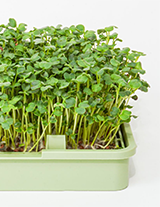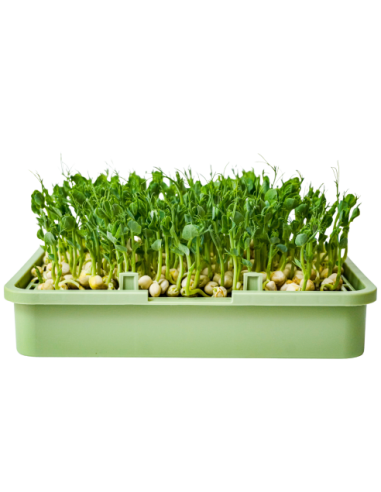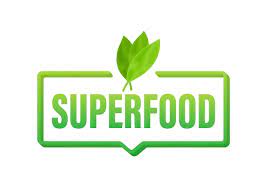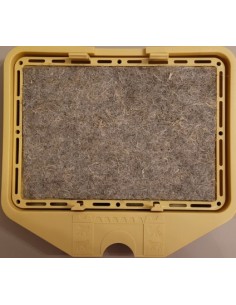Balboa Green Organic Pea Seeds
This pea is slightly sweeter than its yellow counterpart and its colour will fade slightly as sprouting progresses.
Ideal forGarden, Sprouts and Microplants
This pea is slightly sweeter than its yellow counterpart and its colour will fade slightly as sprouting progresses.
You can of course also eat the green pea as a micro-plant, it won't be quite as sweet but will still taste intensely umami.
Pea sprouts and microplants, whether we're talking green or yellow peas offer many nutritional benefits.
In the case of microplants, green pea seeds can be used for 2 harvests. In this case you need to cut the mature microplants above the second row of leaves, a few centimetres above the growing medium of the hemp, and wait for the second harvest. By doing this the second crop of microplants will not be as nutritious as the first.
Although low in macronutrients such as carbohydrates and fat, green pea sprouts and microplants contain a good amount of protein and fiber.
Pea sprouts and microplants are rich in vitamins, including Vitamin K which helps strengthen bones, Vitamin A and Vitamin C which help lower blood pressure, increase collagen production in the body and strengthen muscles.
A 100 gram serving of green pea microplants provides 267% of your daily requirement of Vitamin K, 43% of your daily requirement of Vitamin A and 76% of your daily requirement of Vitamin C.
How can we eat them?
Sprouts
With their sweet taste, green pea sprouts can be incorporated into many dishes, pretty much any recipe that calls for chickpeas, for example.
Leave the peas to sprout until you see the appearance of a small stalk. They are ideal stirred into burgers, falafel, soup or stew.
Microplants
Green pea microplants are ideal for salads and are easy to digest. For lack of a better word, pea microplants taste earthy.
You can, of course, also make soup with sprouts or pea microplants, the only difference from the classic version is that pea microplants will cook faster and be easier on the digestion.
Microplants can be eaten raw like sprouts, they are juicy and delicious.
You can prepare pea microplants as you prepare regular peas, but remember that the cooking time is shorter and you will need more sprouted peas (which contain more water than dried peas from the supermarket). You can make falafel, hummus, stews and veggie burgers or roast them in the oven or in a pan with a little oil and seasoning for a crunchy snack.
Store the seeds in a cool, airy place between 8° and 20°C, away from the elements, changes in humidity and direct sunlight.
- Microgreens Color
- Green
- Microgreens Growing Time
- 10 days
- Number of uses
- 2
- Botanical name
- Pisum sativum
- For
- Garden
Microgreens
Sprouts - Taste
- Slightly sweet
- Benefits
- Collagen
Decrease in blood pressure - Nutrients
- Fibres
Omega 3
Proteins
Vitamins - Vitamins
- A
B1
B2
B3
B6
E
Vitamina C - Difficulty
- Medium
- Type of seeds
- Organic
- Origin
- Golinucci Organic, Italy
- Seed hydration
- 8-12 hours
Pre-soaking: 8h
Blackout: 2 days
Total time to harvest sprouts: 2 days
Total time to harvest microgreens: 10 days
Height at harvesting microgreens: 13-14 cm
Number of uses per Ishtar tray: 10 uses
Seeds required per Ishtar tray: 40 grams (2 full tablespoons + 1 grated tablespoon)
Microgreens harvest per Ishtar tray: Min. 45g

 Microgreens
Microgreens










.png)



















